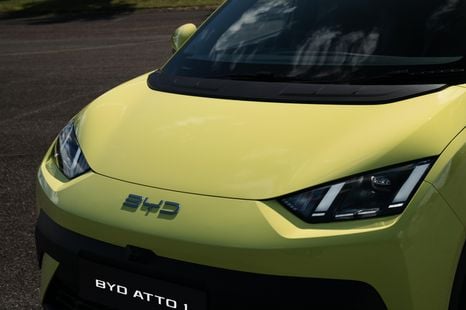

William Stopford
Which new car should you buy for under $30,000?
9 Hours Ago

News Editor
Toyota isn’t bowing to pressure from shareholders to more wholeheartedly embrace electric vehicles.
“We will not, cannot, limit the choices [of our customers], because Toyota is truly global and serves customers in different regions,” said executive vice president Masahiko Maeda.
In remarks reported by Nikkei Asia, Mr Maeda said the company’s goal was carbon neutrality and wouldn’t commit to phasing out combustion-engine vehicles.
Toyota says it believes different markets will take “different paths” to decarbonisation, and has committed to offering a wide range of eco-friendly vehicles including EVs and its popular hybrids.
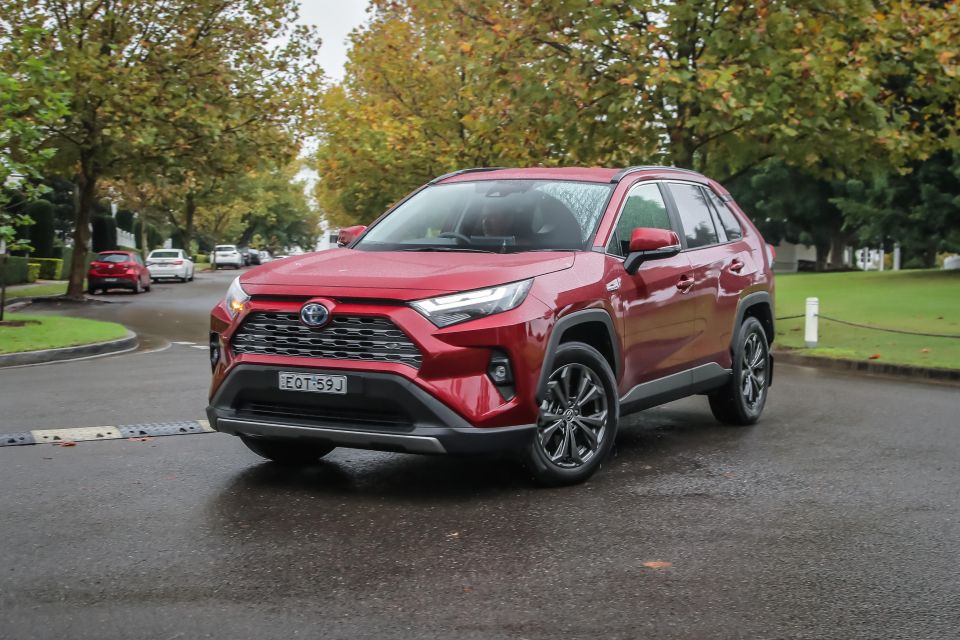
It’s also argued EVs aren’t appropriate for some markets.
However, the automotive giant has been criticised by Danish pension fund AkademikerPension, a shareholder, for its apparent lobbying efforts against electric vehicles.
The Danish company says through this lobbying activity, Toyota has reputedly sought to “weaken legitimate attempts by governments around the world to phase out internal combustion engines, and to phase in fuel economy standards and, critically, pure electric vehicles”.
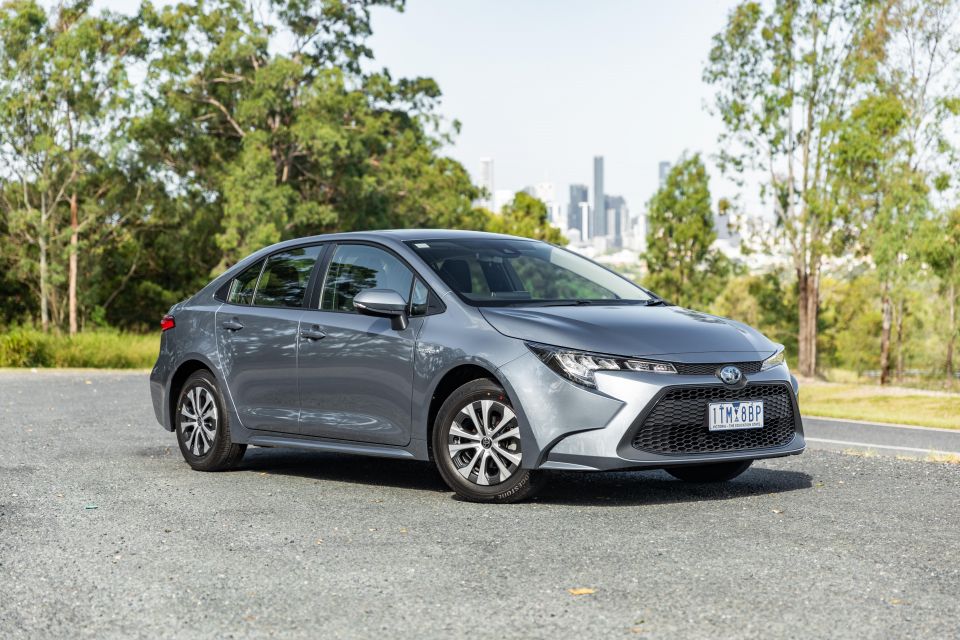
“In our view – and in the view of many other investors – the lobbying work undertaken by Toyota Motor has given the company a global laggard status on climate action within the auto sector,” said AkademikerPension CIO Anders Schelde.
“Public statements, increasing pressure on national governments to weaken EV policies and behind the scenes advocacy through business associations has been repeatedly obstructionist towards the bans on cars that are not purely electric.
“This is jeopardising Toyota’s valuable brand to the detriment of shareholder interests”
The fund alleges it attempted to submit a shareholder resolution at this year’s Toyota annual general meeting, only to have it be rejected on the grounds it missed an undisclosed submission deadline by one day.
AkademikerPension isn’t the only shareholder to voice concern over Toyota’s lobbying efforts.
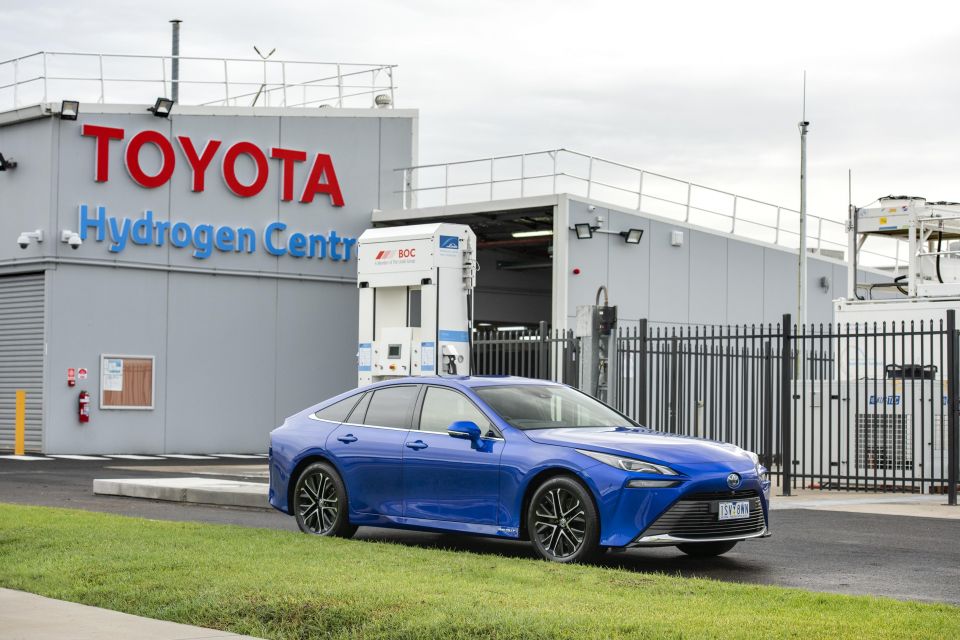
“Toyota’s opposition to strong EV and climate policies creates significant reputational risk, and is at odds with its efforts to appear to be a ‘green’ automaker,” said Brad Lander, Comptroller for the Office of New York City, in a statement to Nikkei Asia.
The New York Times reported last year that Toyota sent Chris Reynolds, a senior executive overseeing government affairs, to Washington D.C. to lobby against an aggressive transition to electric vehicles in favour of a bigger role for hybrids and hydrogen fuel-cell vehicles.
The automotive giant was not only a hybrid pioneer, but it was one of the trailblazers in the hydrogen fuel-cell field.
The latter technology, however, hasn’t been welcomed with the same open arms as battery electric vehicles in large part due to the lack of infrastructure.
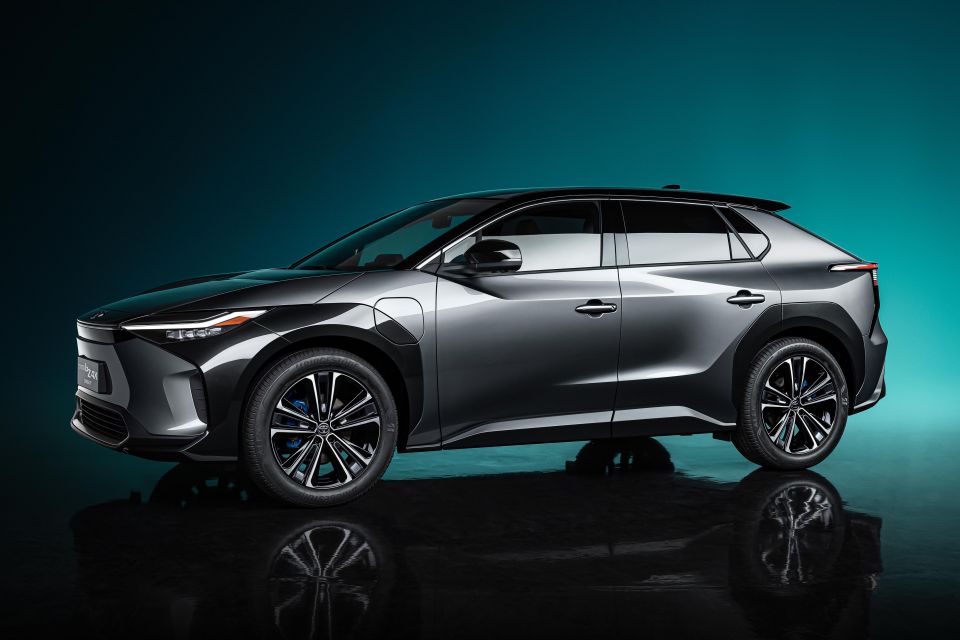
The lopsided investment in favour of FCEVs over battery-electric vehicles has left the company falling behind rivals in rolling out the latter.
Though it’s offered some electric conversions of existing vehicles, like an electric C-HR for China, its first clean-sheet EV will be the new bZ4x, entering production this year.
That’s well over 10 years after Nissan and Tesla introduced their first dedicated EVs.
The New York Times reported Toyota has lobbied against stricter emissions standards in markets like the US, the UK, the European Union and Australia, and donated to politicians who reject the scientific consensus on human-caused climate change.
Toyota has argued that, in all the talk around markets phasing out sales of combustion vehicles, not enough attention is being paid to the short- and medium-term, where it says its hybrid vehicles can help meaningfully reduce emissions.
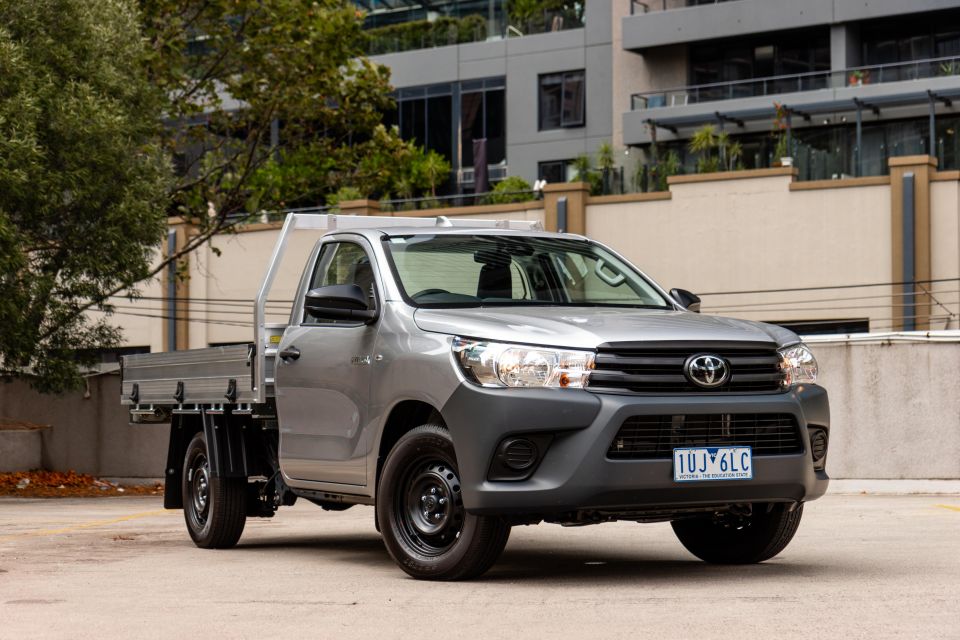
It’s also argued government policies designed to reduce sales of combustion vehicles will damage the Japanese automotive industry as a whole.
“Policies that ban gasoline and diesel vehicles from the outset will limit these options and cause Japan to lose its competitive edge,” said CEO Akio Toyoda last year.
Not only was Toyota the world’s top-selling automaker last year, it remains the number one brand in markets as diverse as Australia, Nigeria and Vietnam.
That means it’s the best-selling brand in a vast number of markets where there are no electric vehicle incentives or sales targets, let alone federal emissions standards.
Toyota has announced a raft of 30 electric vehicles due by 2030, led by the bZ4x, with the goal of selling 3.5 million EVs annually by 2030.
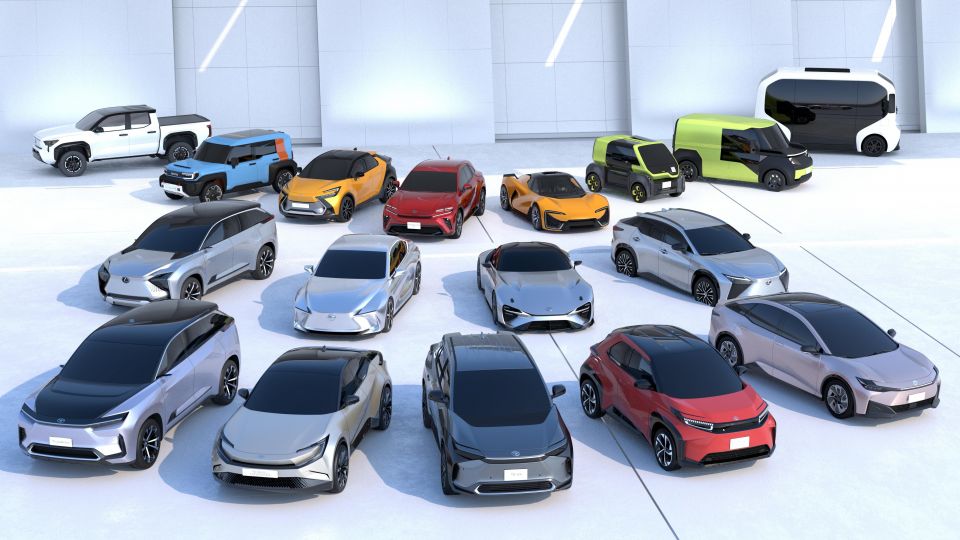
For context, the company sold 10,495,548 vehicles globally in 2021, 8,912,949 of which were Toyota-branded vehicles.
The plan, announced late last year, represents a significant increase over an earlier plan to sell two million EVs by 2030.
While most Japanese brands haven’t committed to phasing out sales of combustion-powered vehicles, Honda said last year it’d sell only electric and fuel-cell vehicles by 2040.
Honda was the world’s seventh largest automaker by sales volume last year, and another company that has invested heavily in hydrogen fuel-cell vehicles over the years. However, it recently discontinued its only FCEV, the Clarity.
Go deeper on the cars in our Showroom, compare your options, or see what a great deal looks like with help from our New Car Specialists.
William Stopford is an automotive journalist with a passion for mainstream cars, automotive history and overseas auto markets.


William Stopford
9 Hours Ago
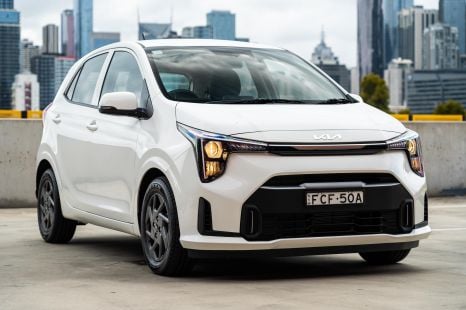

Josh Nevett
9 Hours Ago
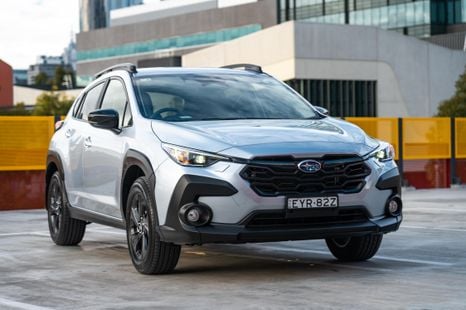

Max Davies
9 Hours Ago
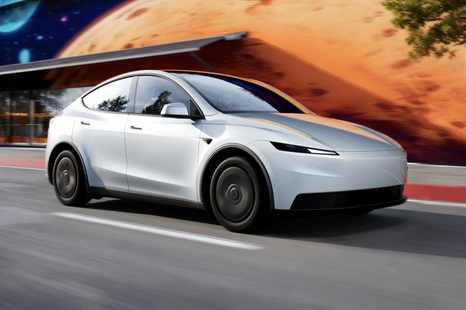

Shane O'Donoghue
17 Hours Ago
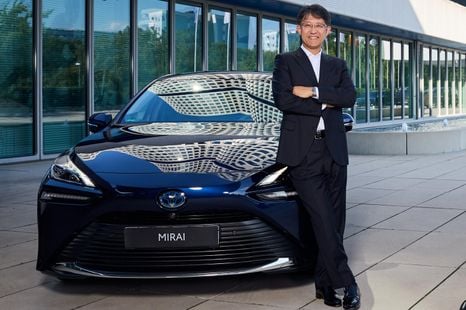

Derek Fung
19 Hours Ago
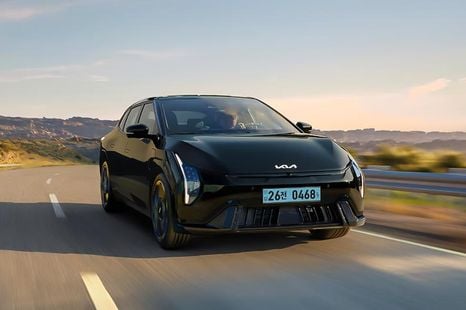

James Wong
23 Hours Ago